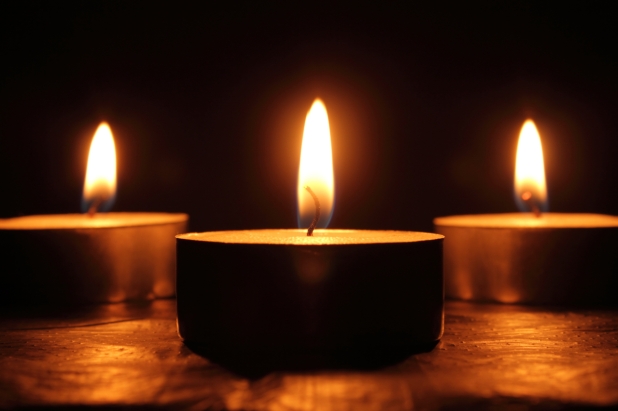Since writing my book, Casualties of the Recession Depression (A collection of vignettes), I’ve been asked – by people unfamiliar with the genre – to explain the difference between a short story and a vignette, and why I chose to employ the latter, rather than the former. Here are the definitions, followed by my explanation.
♦ ♦ ♦
Short Story
Syllabification: (short sto·ry)
Definition (per the Oxford Dictionary):
noun
— a story with a fully developed theme but significantly shorter and less elaborate than a novel.
Vignette
Syllabification: (vi·gnette)
Pronunciation: /vinˈyet/
Definition (per the Oxford Dictionary):
noun (in the context of writing)
- a brief evocative description, account, or episode.
verb (in the contect of writing)
- portray (someone) in the style of a vignette.
Wikipedia’s Definition (this is exactly what a vignette is):
“In theatrical script writing, sketch stories, and poetry, a vignette is a short impressionistic scene that focuses on one moment or gives a trenchant impression about a character, idea, setting, or object.”
♦ ♦ ♦
Essentially, a vignette is like a snapshot in words. Through a writer’s lens, a moment/feeling/episode in time is captured and portrayed in such a way that the reader can feel the character’s pain (or joy), understand the character’s mindset, be part of the character’s experience – albeit vicariously.
In the context of my book, I wanted to record real (and sometimes raw) moments experienced by people who have been adversely affected by this long economic downturn. By capturing these brief episodes and providing a written backdrop for each year (in the form of an economic and political commentary), the reader can see the transformation and progression of this Recession Depression from its conception to its continued existence in the present day. The middle class is disappearing below the poverty line. As long as these people continue to be hungry, homeless and jobless, this “recession” is not over.
Below is one (of 39) vignettes from the Second Edition of Casualties of the Recession Depression:
Vignette #13 (2009) ― Young and Hungry
He sat in the coffee shop, his fingers restlessly turning the pages of his textbook. He had been there for three and a half hours, nursing a cup of coffee. “Thank God for free refills!” – he thought to himself. He was trying hard to focus on the words in front of him, willing the gurgling in his empty stomach to go away. His hands were slightly shaky. He could smell the toasted ham and cheese sandwich that someone was eating at a nearby table. Freshly baked bread had just come out of the oven and the lady behind the counter was stacking the loaves on the shelf. His mouth started to water and he felt dizzy. He willed himself to block it all out. Two more hours passed by.
It was closing time. The coffee shop lady was rushing to close up. She grabbed all the leftover loaves of bread (two were left), bagels (all seven of them), and two donuts – and threw them roughly into a big garbage can, which she wheeled into the back room. He swallowed, throat dry. A tear escaped from the corner of his eye. He was too proud to ask. And the coffee shop lady didn’t see, nor would she probably have given him a second thought if she had. He clenched his jaw and grimly packed his book into his bag.
He glanced once at the lady behind the counter. Her face was blank when she looked back at him. Oblivious. She tapped her fingers on the glass, impatient to close the lights.
He left quietly, not looking back. He wondered whether things would get better after he graduated from college. He wasn’t so sure.
(PS: This coffee shop actually went out of business and closed its doors for good, just one month later. And the fate of the lady behind the counter? She joined the ranks of the unemployed.)
The Second Edition of Casualties of the Recession Depression will be coming out soon!
























